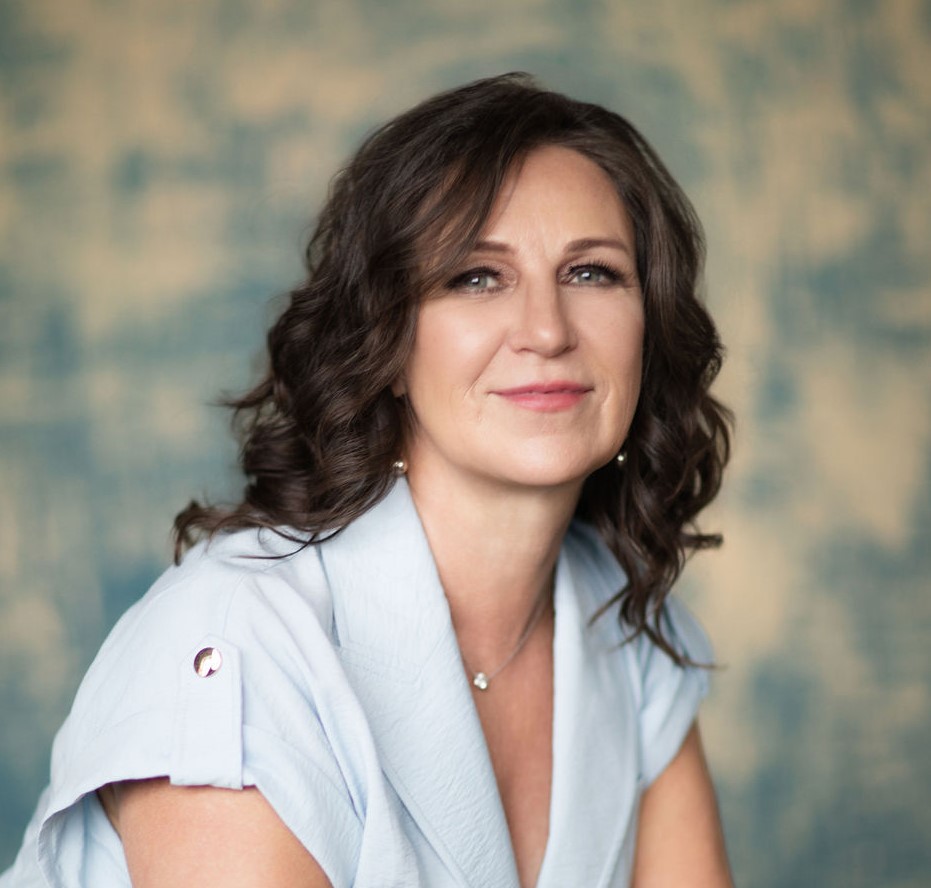Before you determine what professionals to hire and who will file for divorce, there are a few things to consider that make the changes you’re going through less traumatic or at least more manageable.
You’ve decided to divorce. What’s first? What’s next?
Before you determine what professionals to hire and who will file for divorce, there are a few things to consider that make the changes you’re going through less traumatic or at least more manageable.
 After you’ve decided to divorce, it’s tempting to spend your time thinking about what your spouse is doing, not doing, or will be doing next. You have little control over this, and as you move forward through separating your married lives, you will have even less so.
After you’ve decided to divorce, it’s tempting to spend your time thinking about what your spouse is doing, not doing, or will be doing next. You have little control over this, and as you move forward through separating your married lives, you will have even less so.
How to let go and move one? That’s a process that takes time. Even so, now can be a great moment to assess what we do have control over!
In addition to a family law attorney, you may need to investigate whether to hire a divorce mediator, Certified Divorce Financial Analyst® (CDFA®) or a CDC® (Certified Divorce Coach); check out thoughts on that in my next article.
1) Create Your Divorce Self-Care Routine
Before filing for divorce, slow down and take stock. Please pay attention to and take care of your emotions, thoughts, and bodies.
In my experience, many people who start down the road to divorce do so with a full head of steam, which can be exhausting quickly. Almost 100% of the time, the process is not a sprint; it’s a marathon. Taking care of yourself is not indulgent. It’s necessary to make good decisions with a clear mind.
Beyond that, if you have children with your former spouse, setting an example of self-care also helps demonstrate to them that you believe it’s essential to be as centered as possible. Think of it as a gift to your children that translates to letting them know it’s alright for them to take care of themselves too, even if they might not have the words to express this and you might not be telling them explicitly. Think of it as part of a way to establish a sense of routine and well-being, especially if your housing situation is in flux.
Regular exercise combats stress responses, especially activities like jogging and swimming that raise our heart rate for at least 15 minutes. My go-to is yoga. Give yourself permission to honor your body and yourself with something that soothes you when needed or gives you a little endorphin boost if that’s what you crave.
Consider stretching before bed instead of bonding or binging with Netflix to condition the mind to let go of the day and permit yourself to rest. Good sleep hygiene, especially during separation, is essential to making healthy long-term decisions.
2) It’s All About the Breath
Every emotion has a breath signature, and when you are stressed, you may start shallow breathing into your chest.
This rapid breathing stimulates our flight or fight response, flooding our nervous system with Cortisol, and leads to reactive – and often damaging – thoughts.
Guided breathing exercises and meditations can be easily found on YouTube and are fundamental to developing calm in your body and thoughts. By controlling your breath, you can, in turn, control your emotions. Check out box breathing or 4-7-8 technique by Dr. Andrew Weil.
But first, you must acknowledge what those emotions are in the first place.
Once you acknowledge, you can accept, and once you accept, you can control how you react; an essential skill to keep cool during contentious issues that often arise in a divorce.
3) Get Support for Your Divorce
As divorce impacts many facets of our lives – including mental, financial, and social – it makes sense to involve several support roles. This can be as needed or in addition to your core team.
These might be professionals who train specifically to help in divorce – therapists, realtors, certified divorce financial analysts, or mediators – as well as supportive, positive family and friends.
As you identify who to include on your support roster, your best bet is to seek guidance from those who want to see you succeed. Hitting up your most gossipy acquaintances that encourage you to burn your ex’s reputation isn’t a suggested course of action.
Knowing who you can rely on for accurate and trustworthy advice is paramount in the vein of things to know before you divorce.
4) Research Your Divorce Options
Before reaching out to professionals, do your due diligence and define your criteria.
Are you planning on a collaborative divorce process? How does your potential CDFA® charge their fees? Who is the best divorce mediator in your area? Would you (and your budget) benefit from a coach? How do you financially prepare for divorce?
Understanding what you’re looking for before you contact a divorce attorney helps secure the best outcome for your divorce. Only you can decide what skills and solutions can benefit your situation.
While researching, it’s highly advisable to schedule search time into manageable chunks; try your best to avoid going down an Internet rabbit hole that causes you more harm than good!
Rather, limit how much time you’re actively thinking about the divorce. Anything that is all-consuming is potentially not in your best interest.
You’ll want to protect some of that valuable mental real estate to continue to work, manage the household, interact with your children, and most important of all, take care of yourself.
5) Boundaries Bring out the Best
While it’s natural to seek comfort in times of change or distress, you must keep yourself coherent – especially when your decisions can have high stakes and long-term ramifications.
Create guidelines and boundaries for bedtime, mealtime, and creative time. These are not just for kids! That also means managing our human tendency to turn to substances – whether alcohol, recreational drugs, or risky sexual endeavors – instead of turning to habits that help you thrive.
Try to leave all or nothing mentalities behind. They won’t serve you well in negotiations, and they won’t serve you well in life. From time to time, there’s absolutely nothing wrong with binging sitcoms or screaming into our pillow; try to stay away from the kind of thing a court or your soon-to-be-ex could use against you in the future.
If you’re feeling uncertain about handling your divorce process, don’t hesitate to get in touch with me for a free consultation; you’re not alone.
Take Control of Your Future
When you consider divorce, or if you know someone who is contemplating divorce, one of the biggest realities for those in the divorce process is the financial settlement and financial analysis post-divorce. Get the assistance of Brenda Bridges, a Mediator, Certified Divorce Financial Analyst® (CDFA®), RICP® Retirement Income Certified Professional, and Certified Divorce Coach.
Brenda provides step-by-step guidance on matters related to divorce. With a wide range of experience and expertise related to divorce issues, Brenda will simplify the process and provide much-needed clarity in areas such as long-term tax consequences, asset, and debt analysis, dividing pension plans, continued health care coverage, stock option elections, protecting support with life insurance, and much more.
Schedule Your FREE Discovery Call Today!
Divorce coaching and educational services provided through Bridging Divorce Solutions, LLC. Bridging Divorce Solutions, LLC is not affiliated with Cambridge. Examples are hypothetical and for illustrative purposes only.


Brenda Bridges
Mediator, MAT, RICP®, CDFA®, CDC®









